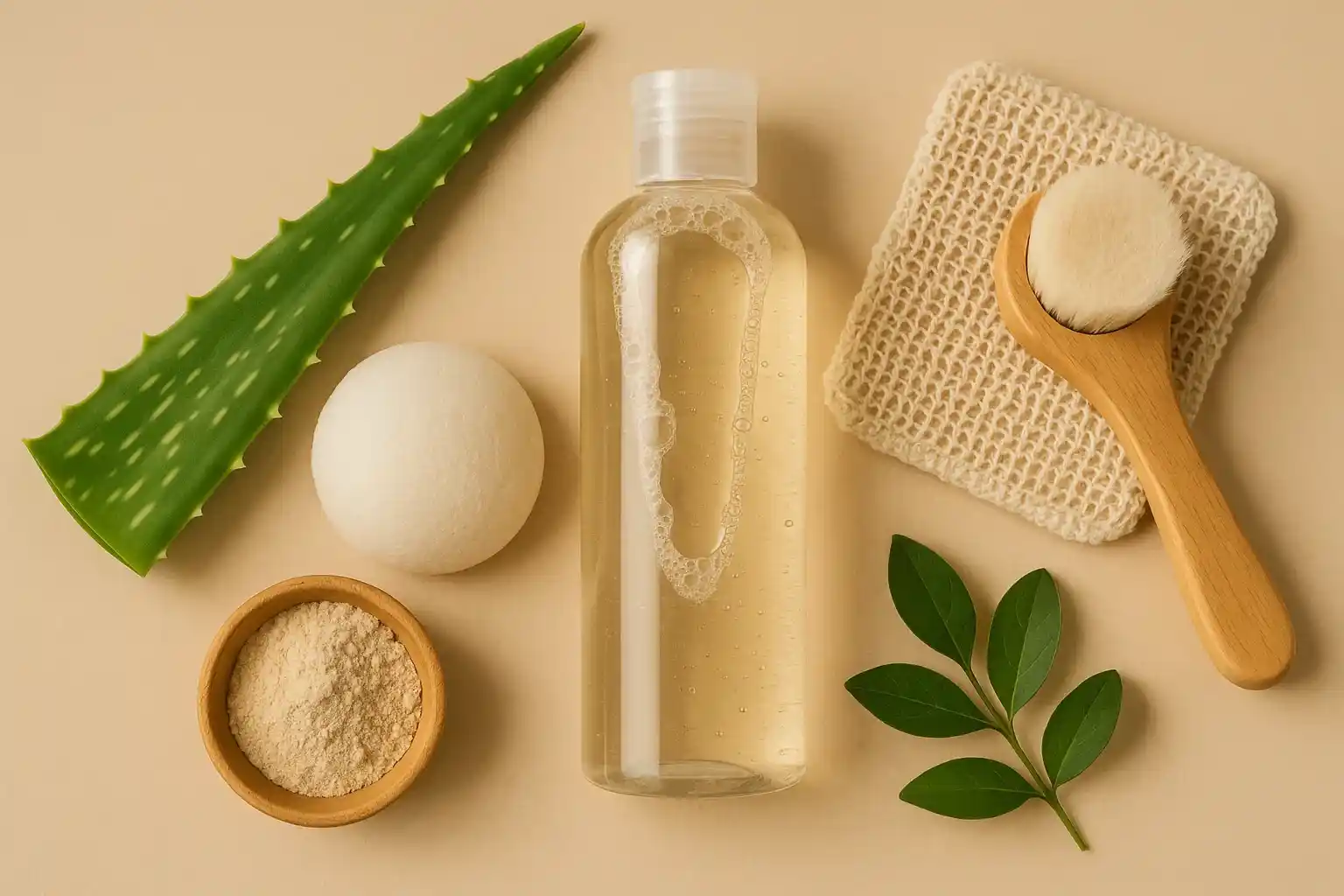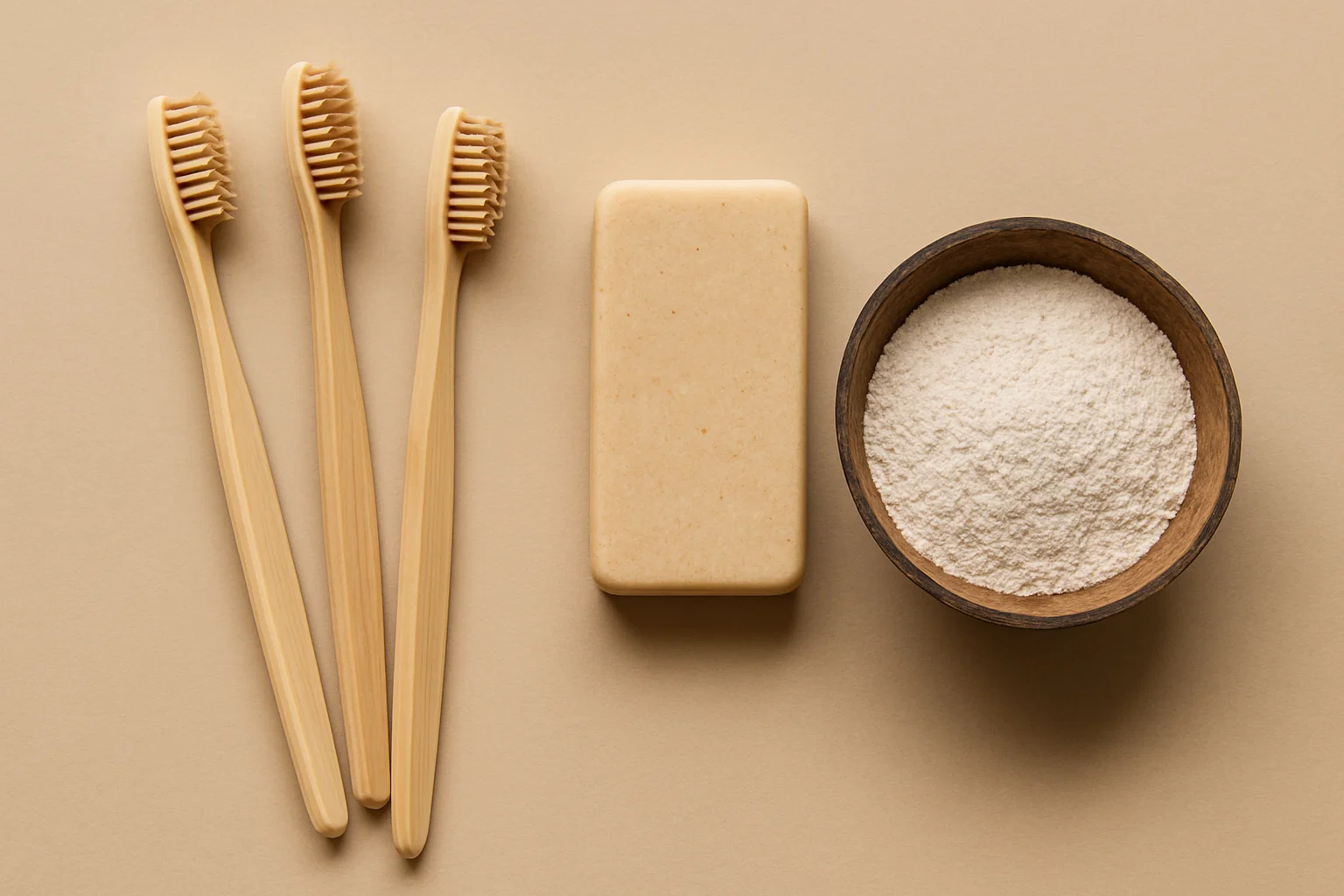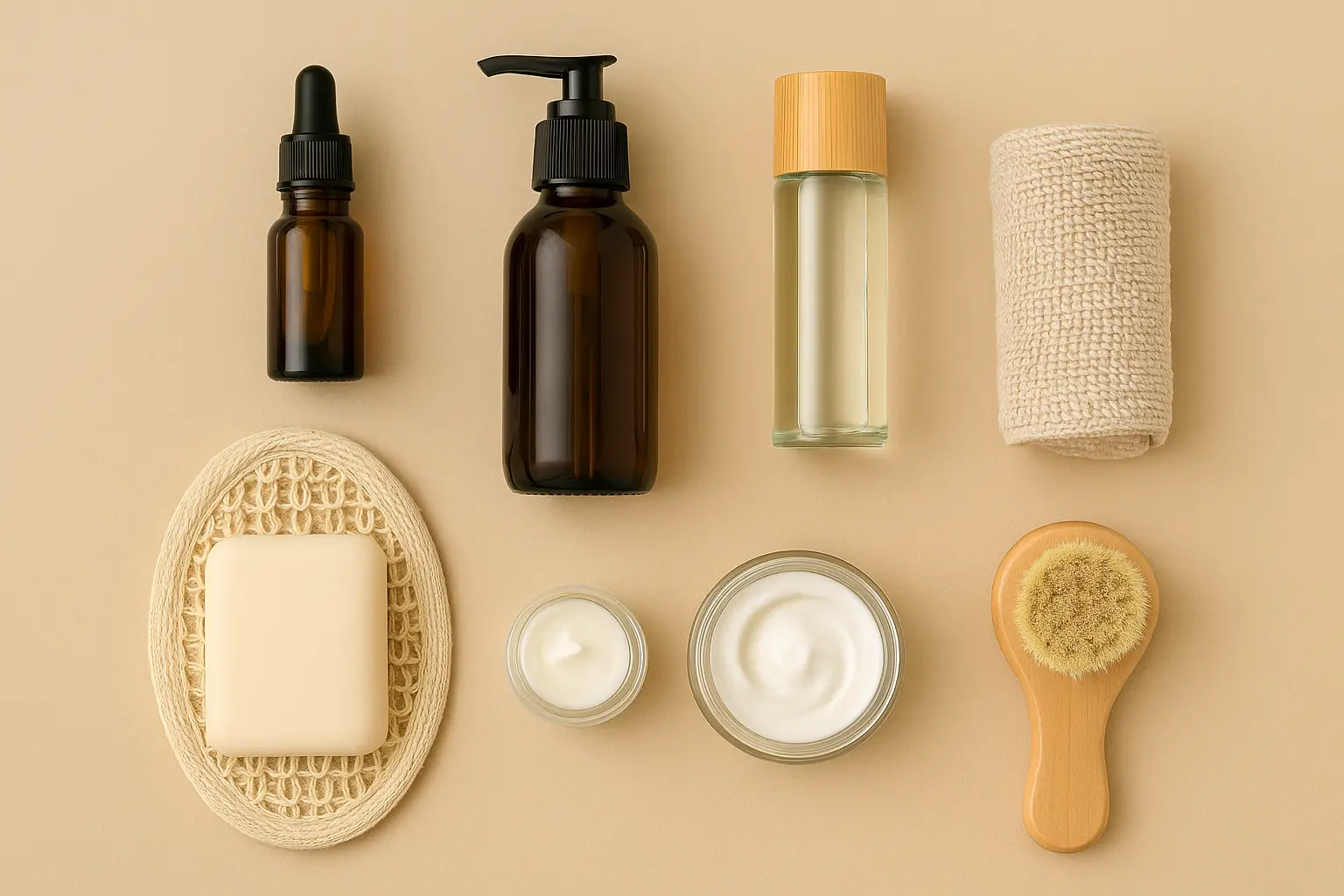Cleanse Mindfully: Gentle and Earth-Friendly Alternatives to Synthetic Facial Cleansers

The ritual of cleansing our face is a fundamental step in any skincare routine, essential for removing dirt, oil, makeup, and other impurities that accumulate throughout the day. While synthetic facial cleansers, often formulated with a long list of chemicals, have become the norm, many individuals are seeking gentler and more sustainable alternatives that prioritize both skin health and environmental well-being. These conventional cleansers can contain harsh sulfates that strip the skin of its natural moisture barrier, synthetic fragrances that can cause irritation, and microplastics that contribute to environmental pollution. For those embracing a more mindful and minimalist approach to personal care, nature offers a wealth of effective and earth-friendly cleansing options that nourish the skin without harmful side effects.
The concerns surrounding synthetic facial cleansers extend beyond potential skin irritation. The production of many synthetic ingredients relies on petrochemicals and energy-intensive manufacturing processes. The packaging of these cleansers, typically involving plastic bottles and pumps, contributes significantly to the ever-growing problem of plastic waste. Furthermore, some synthetic ingredients can persist in the environment after being washed down the drain, potentially harming aquatic ecosystems. Recognizing these issues, many individuals are seeking simpler, more natural, and less wasteful ways to cleanse their skin.
Fortunately, a variety of time-tested and innovative natural alternatives can effectively cleanse the face without the harshness of synthetic chemicals or the environmental burden of excessive packaging. By exploring the gentle efficacy of oil cleansing, the purifying power of clay cleansers, and the traditional simplicity of natural herbal powders, we can establish skincare routines that nourish our skin, respect our bodies' natural balance, and tread more lightly on the planet. These plant-based options offer a holistic approach to cleansing, connecting us to the wisdom of nature for healthy and sustainable skincare.
Nature's Gentle Wash: Exploring Sustainable Facial Cleansing Alternatives
Moving beyond the realm of synthetic facial cleansers reveals a wealth of gentle and earth-friendly ways to care for our skin:
Oil Cleansing: Balancing Skin with Nature's Lipids
Oil cleansing is a method that utilizes natural oils to cleanse the face, based on the principle that "like dissolves like." Instead of stripping the skin with harsh surfactants, oil cleansing gently lifts away dirt, excess sebum, and makeup while nourishing the skin's natural barrier. Suitable for all skin types, including oily skin, oil cleansing can help to balance oil production and prevent dryness. Popular oils for this method include jojoba, castor, olive, and sunflower oil. Brands like Osea Malibu and Cocokind offer pre-blended cleansing oils formulated with beneficial plant extracts.
Clay Cleansers: Purifying with Earth's Minerals
Clay cleansers, made from natural clays like bentonite, kaolin, or rhassoul, offer a gentle yet effective way to purify and detoxify the skin. Clay has absorbent properties that draw out impurities, excess oil, and toxins from the pores. Clay cleansers come in powder form, which you mix with water or other liquids to create a paste. This format minimizes packaging and avoids the need for preservatives often found in liquid cleansers. Different types of clay offer varying levels of absorption and are suitable for different skin types.
Natural Herbal Powders: The Traditional Plant-Based Wash
Using natural herbal powders for facial cleansing is a time-honored tradition in many cultures. These powders, made from finely ground herbs, grains, and clays, offer a gentle and customizable way to cleanse and exfoliate the skin. Ingredients like chickpea flour, oat flour, various dried herbs (like rose, lavender, and neem), and clays can be blended to create a personalized cleanser that caters to specific skin needs. These powders often come with minimal or no packaging and harness the natural cleansing and nourishing properties of plants.
Embracing a Mindful Skincare Ritual: Sustainable Practices
Choosing natural facial cleansers is a significant step towards a more sustainable routine, but consider these additional eco-conscious practices:
- Reusable Cleansing Cloths: Opt for soft, reusable cloths made from organic cotton or bamboo to remove cleanser instead of disposable wipes.
- Minimal Packaging: Choose cleansers that come in glass bottles, aluminum tubes, or with minimal packaging.
- DIY Options: Explore making your own simple facial cleansers using ingredients like honey, yogurt, or mashed avocado.
By consciously choosing gentle and earth-friendly alternatives for facial cleansing, we can nourish our skin while minimizing our environmental footprint and embracing a more mindful approach to our personal care routine.
Related Blogs

Stepping Lightly into Self-Care: Your Expansive Guide to the Best Zero-Waste Personal Care Swaps for Beginners
Insights on best zero-waste personal care swaps for beginners in a sustainable way.

Shielding Your Skin, Protecting Our Oceans: The Essential Guide to Clean, Reef-Safe Sunscreens
Insights on clean sunscreens that don’t harm coral reefs in a sustainable way.

A Guide to Eco-Conscious Period Products
Insights on eco-conscious period products in a sustainable way.

Scenting Sustainably: Choosing Eco-Friendly Alternatives to Perfume in Plastic Atomizers
Opt for solid perfumes, refillable glass bottles, or essential oil blends for fragrance without microplastics.

Smile Sustainably: Your Guide to Eco-Friendly Alternatives to Plastic Toothbrushes
Choose bamboo toothbrushes, recyclable heads, or miswak sticks for plastic-free dental care.

Uncomplicating Your Glow: Your Guide to Building a Minimalist Skincare Routine
Practical advice and actionable tips for how to build a minimalist skincare routine.
Stay in the Loop
Get tips and insights tailored to your interests — no spam, just sustainability.